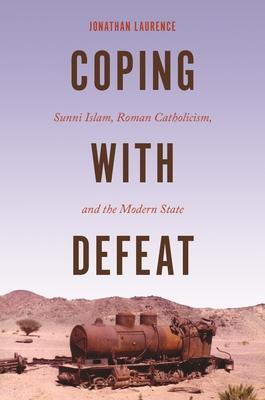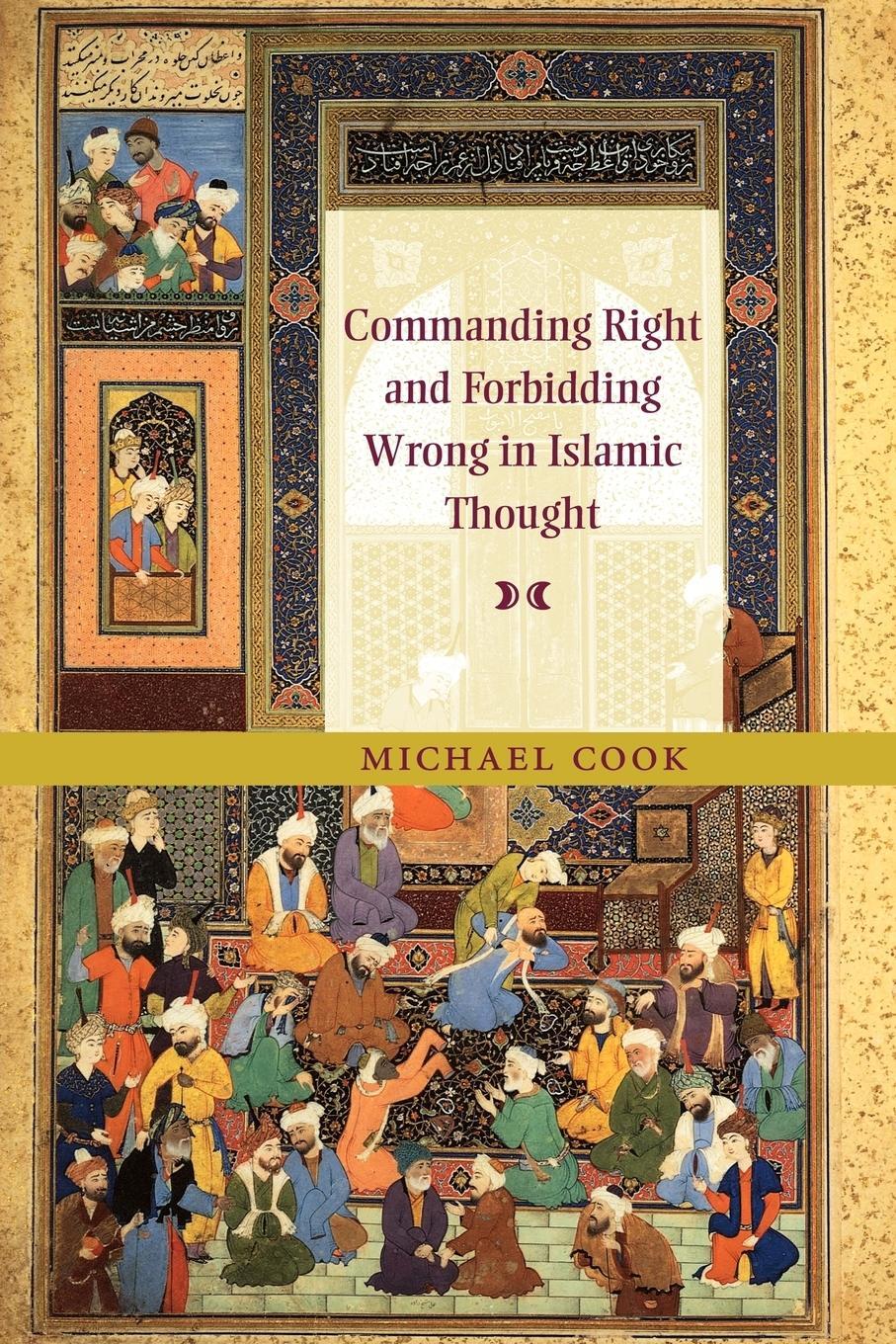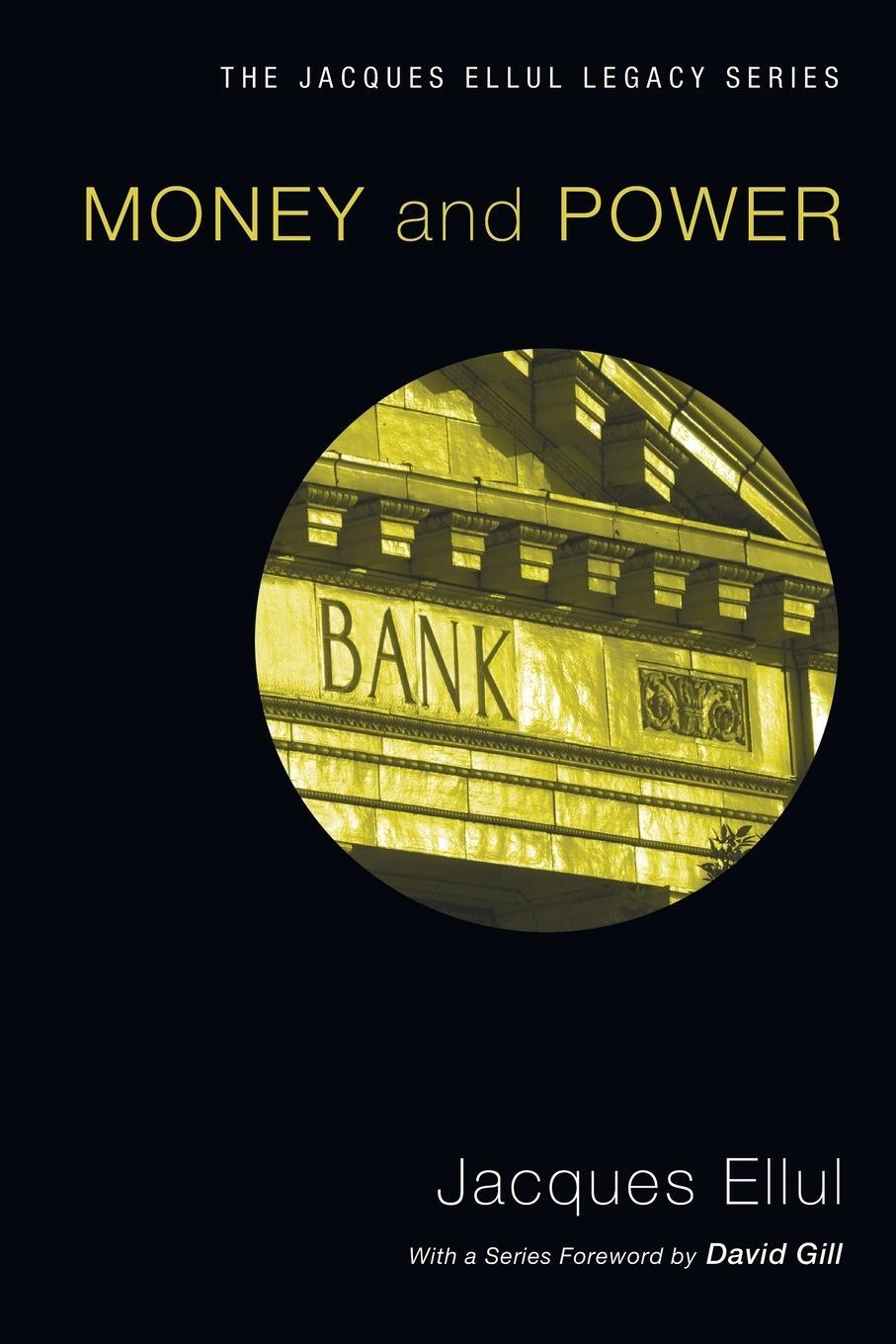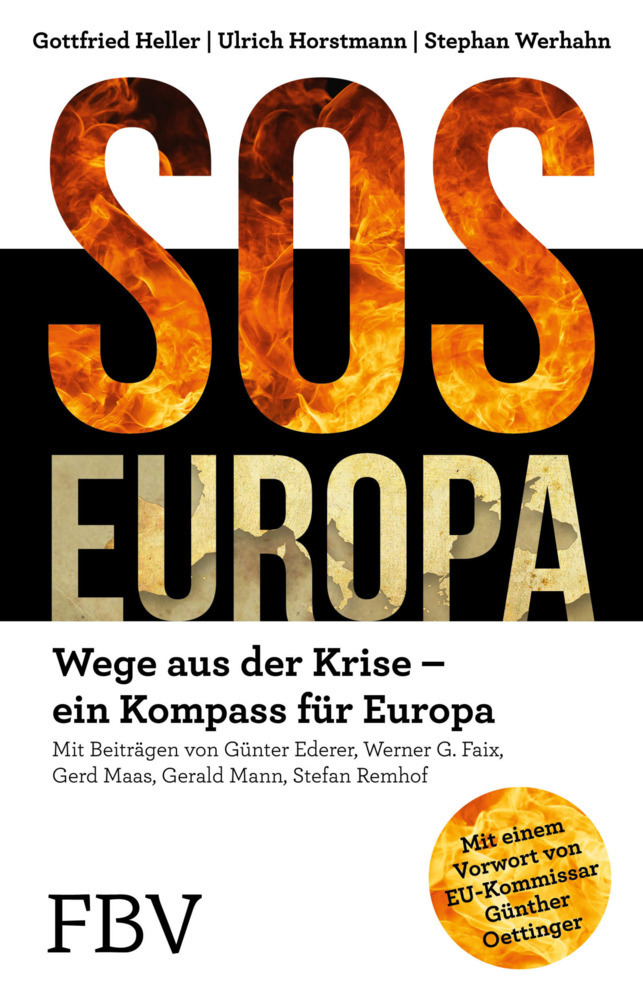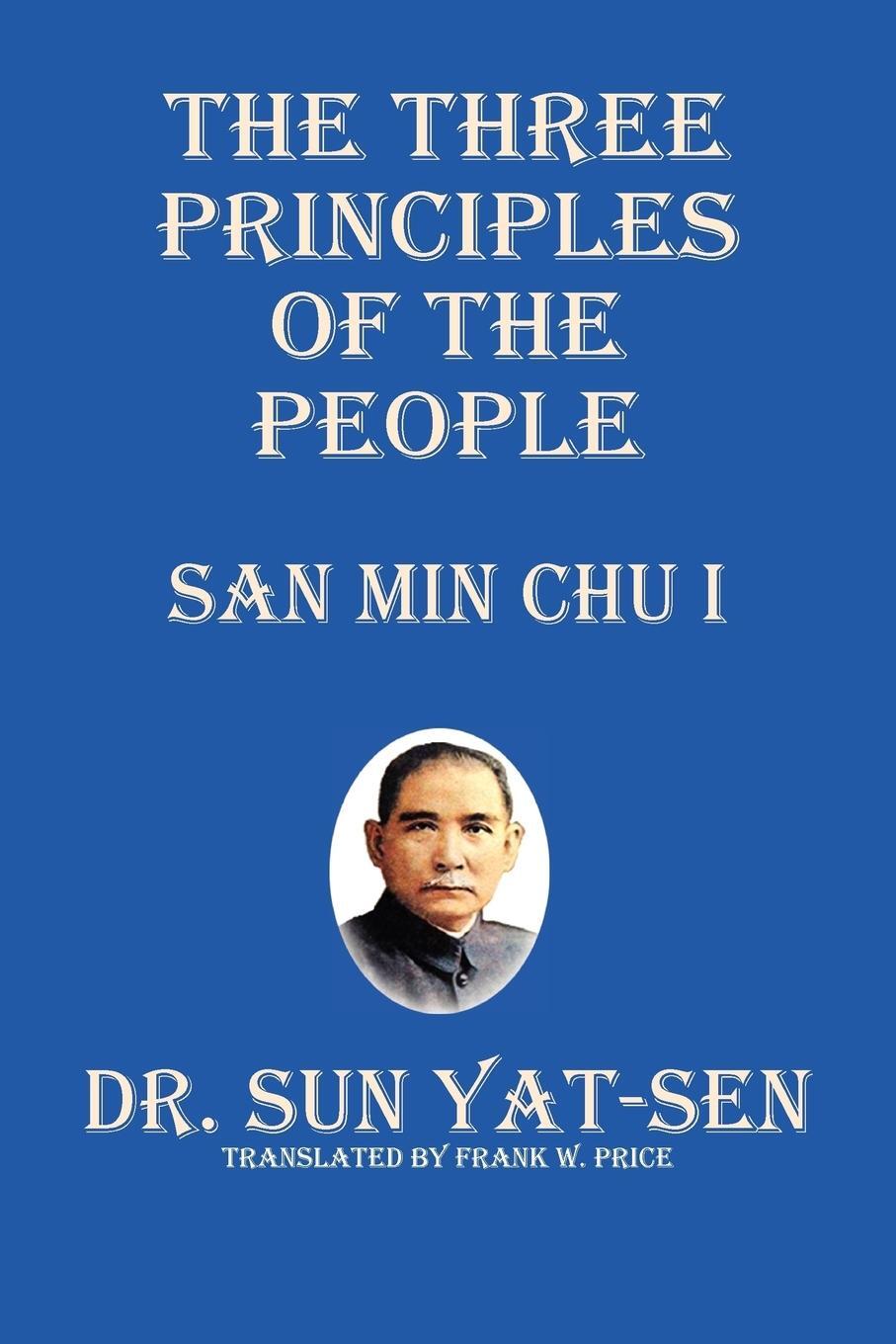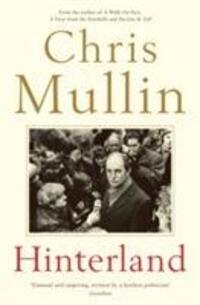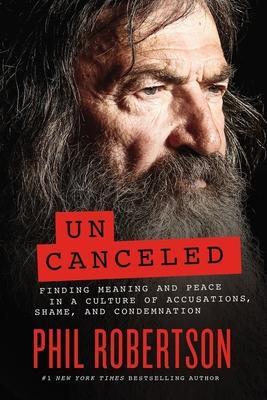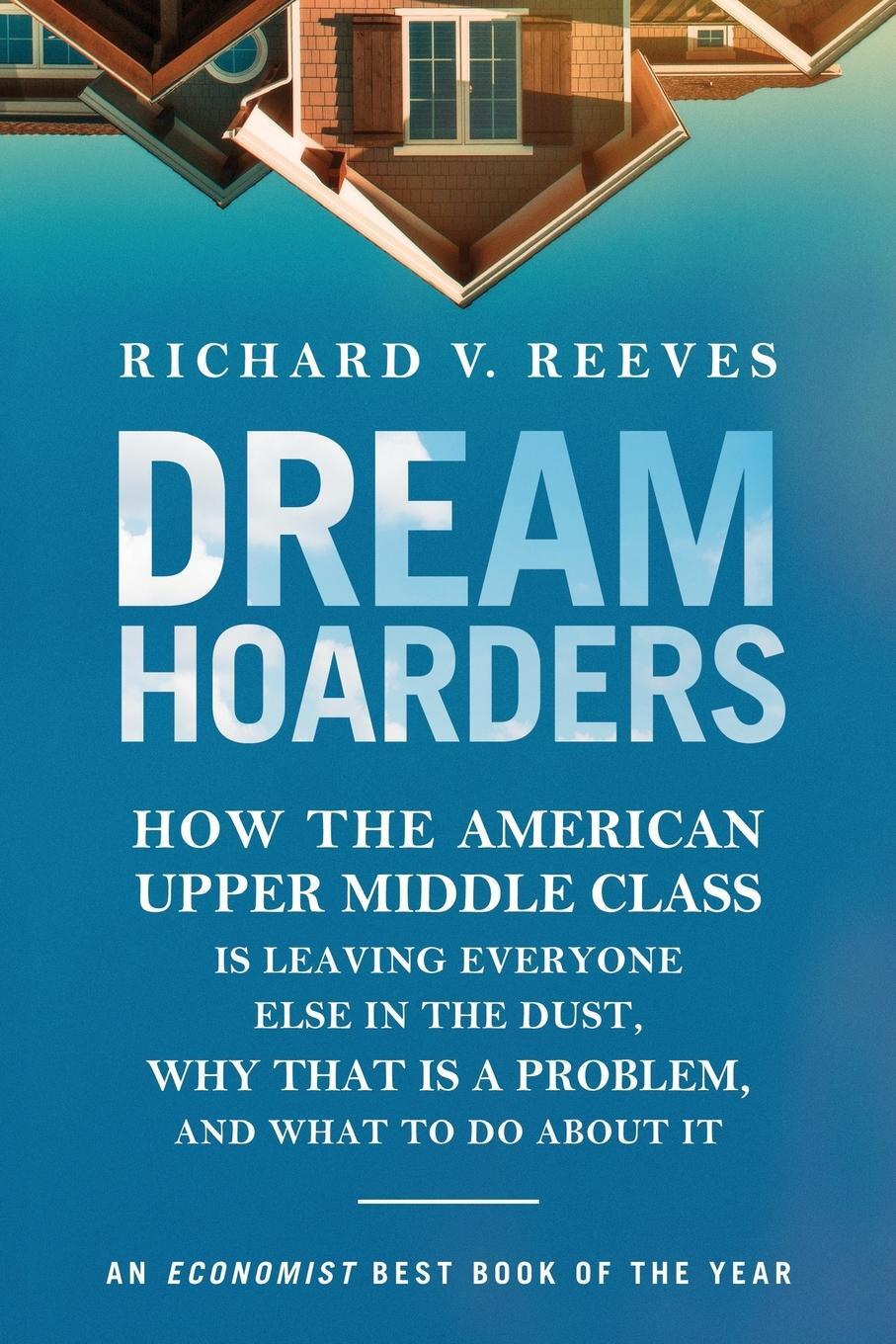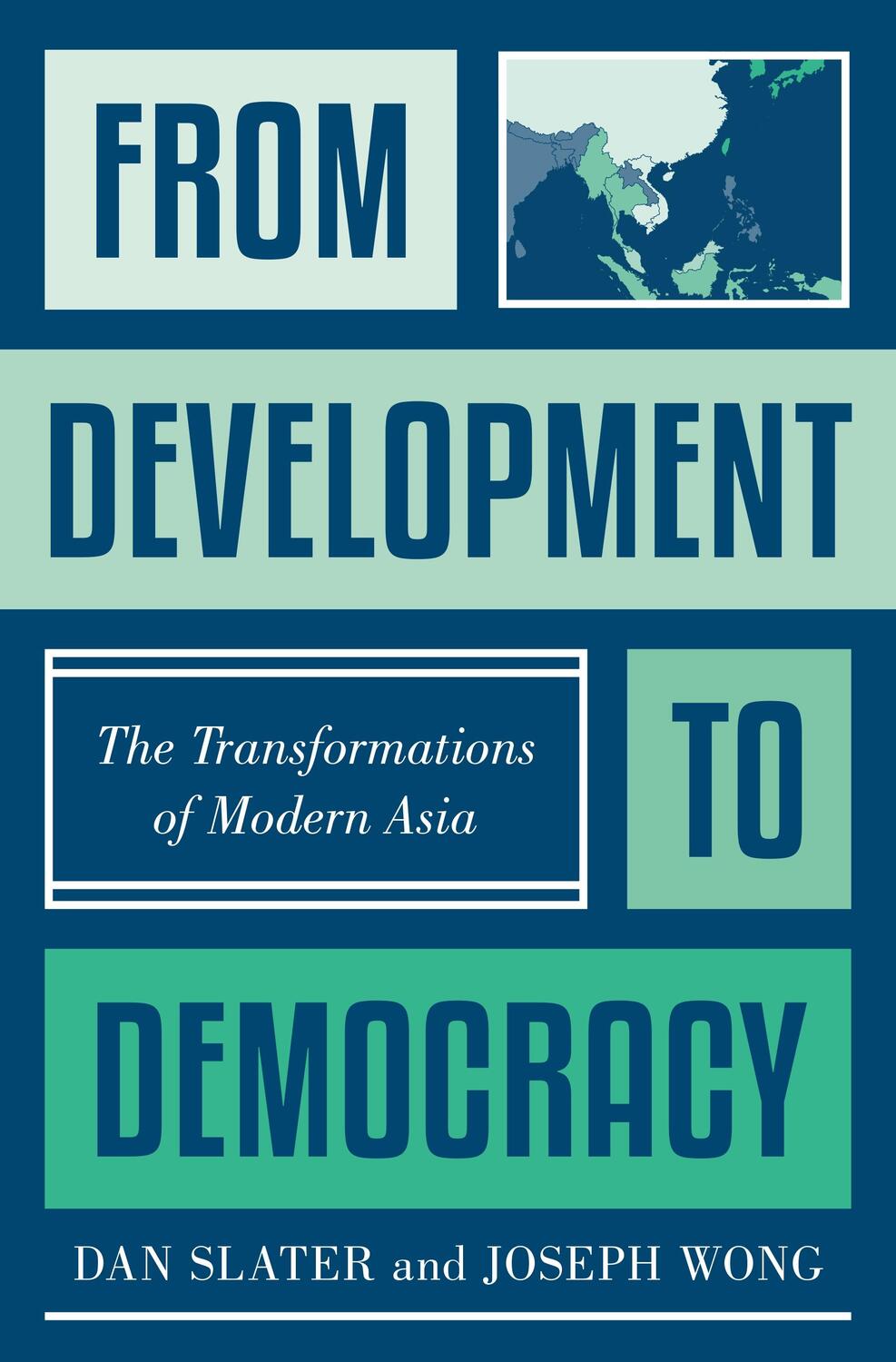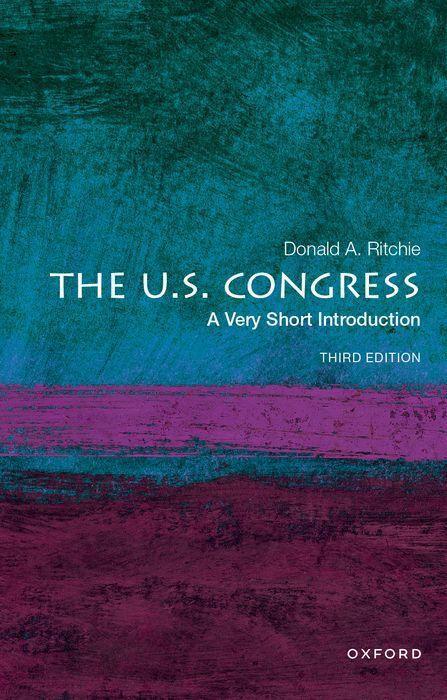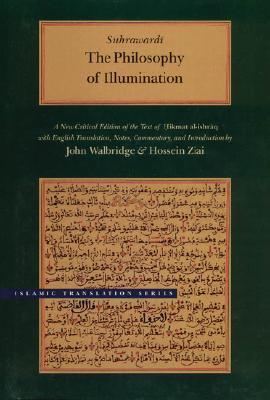Dekorationsartikel gehören nicht zum Leistungsumfang.
Sprache:
Englisch
39,65 €*
Versandkostenfrei per Post / DHL
Lieferzeit 1-2 Wochen
Kategorien:
Beschreibung
"How do centralized, institutional religions make peace with the modern state's displacement of their traditional prestige and power? What are the factors that can promote the mutual acceptance of religious communities and the secular rule of law? These are the questions posed in Jonathan Laurence's new book, which argues that Roman Catholicism and Sunni Islam have trod surprisingly similar paths in their respective histories. Contemporary Roman Catholicism and Sunni Islam both descend from religious states and empires, the Papacy in the case of Catholicism and the Caliphate in the case of Islam. As religio-political orders, the Western Church and the Islamic Caliphate ruled vast territories and populations. Each set of religio-political institutions made law, controlled land, and governed people for roughly four centuries. Yet both suffered three similar upheavals and challenges: the end of empires, the rise of the modern national state, and significant outward migrations from the "home base" of the religious tradition. Laurence suggests that the historical experience of Catholicism offers a useful model for those concerned about the contemporary Sunni Muslim leadership's attitude toward the modern state. Just as Catholicism worldwide benefited from the survival of the Vatican micro-state and its ability to exert guidance over the religious belief and practice of Catholics worldwide, so (argues Laurence) Muslim-majority states should continue exert control over mosques, imam-training, and religious education -- to reconcile Islam with the rule of law and thus with the authority of the secular state. This book is based on prodigious archival research in Vatican and Ottoman Archives and on interviews conducted with senior officials responsible for Islamic affairs or public religious education in Algiers, Ankara, Casablanca, Istanbul, Oran, Rabat, Tunis; and with senior interior ministry and foreign ministry officials in various European capitals responsible for relations with North African, Turkish, Qatari, and Saudi ministries of Islamic and religious affairs"--
"How do centralized, institutional religions make peace with the modern state's displacement of their traditional prestige and power? What are the factors that can promote the mutual acceptance of religious communities and the secular rule of law? These are the questions posed in Jonathan Laurence's new book, which argues that Roman Catholicism and Sunni Islam have trod surprisingly similar paths in their respective histories. Contemporary Roman Catholicism and Sunni Islam both descend from religious states and empires, the Papacy in the case of Catholicism and the Caliphate in the case of Islam. As religio-political orders, the Western Church and the Islamic Caliphate ruled vast territories and populations. Each set of religio-political institutions made law, controlled land, and governed people for roughly four centuries. Yet both suffered three similar upheavals and challenges: the end of empires, the rise of the modern national state, and significant outward migrations from the "home base" of the religious tradition. Laurence suggests that the historical experience of Catholicism offers a useful model for those concerned about the contemporary Sunni Muslim leadership's attitude toward the modern state. Just as Catholicism worldwide benefited from the survival of the Vatican micro-state and its ability to exert guidance over the religious belief and practice of Catholics worldwide, so (argues Laurence) Muslim-majority states should continue exert control over mosques, imam-training, and religious education -- to reconcile Islam with the rule of law and thus with the authority of the secular state. This book is based on prodigious archival research in Vatican and Ottoman Archives and on interviews conducted with senior officials responsible for Islamic affairs or public religious education in Algiers, Ankara, Casablanca, Istanbul, Oran, Rabat, Tunis; and with senior interior ministry and foreign ministry officials in various European capitals responsible for relations with North African, Turkish, Qatari, and Saudi ministries of Islamic and religious affairs"--
Über den Autor
Jonathan Laurence is professor of political science and director of the Clough Center for Constitutional Democracy at Boston College. He is the author of The Emancipation of Europe's Muslims (Princeton) and his work has appeared in such venues as the New York Times and The Economist. Twitter [...]
Details
| Erscheinungsjahr: | 2021 |
|---|---|
| Genre: | Religion & Theologie |
| Rubrik: | Geisteswissenschaften |
| Medium: | Taschenbuch |
| Seiten: | 606 |
| Inhalt: | Kartoniert / Broschiert |
| ISBN-13: | 9780691172125 |
| ISBN-10: | 0691172129 |
| Sprache: | Englisch |
| Einband: | Kartoniert / Broschiert |
| Autor: | Laurence, Jonathan |
| Hersteller: | Princeton University Press |
| Maße: | 234 x 154 x 39 mm |
| Von/Mit: | Jonathan Laurence |
| Erscheinungsdatum: | 22.06.2021 |
| Gewicht: | 0,962 kg |
Über den Autor
Jonathan Laurence is professor of political science and director of the Clough Center for Constitutional Democracy at Boston College. He is the author of The Emancipation of Europe's Muslims (Princeton) and his work has appeared in such venues as the New York Times and The Economist. Twitter [...]
Details
| Erscheinungsjahr: | 2021 |
|---|---|
| Genre: | Religion & Theologie |
| Rubrik: | Geisteswissenschaften |
| Medium: | Taschenbuch |
| Seiten: | 606 |
| Inhalt: | Kartoniert / Broschiert |
| ISBN-13: | 9780691172125 |
| ISBN-10: | 0691172129 |
| Sprache: | Englisch |
| Einband: | Kartoniert / Broschiert |
| Autor: | Laurence, Jonathan |
| Hersteller: | Princeton University Press |
| Maße: | 234 x 154 x 39 mm |
| Von/Mit: | Jonathan Laurence |
| Erscheinungsdatum: | 22.06.2021 |
| Gewicht: | 0,962 kg |
Warnhinweis

